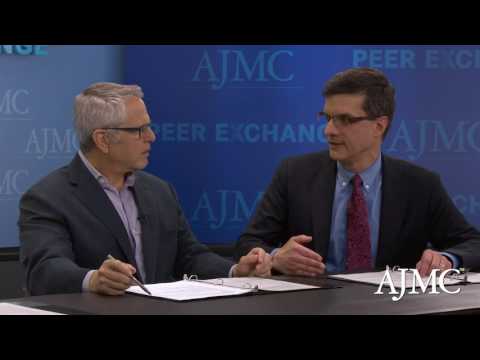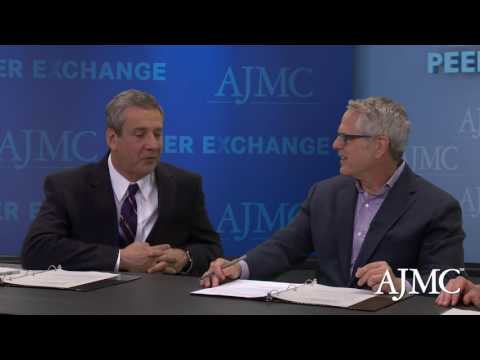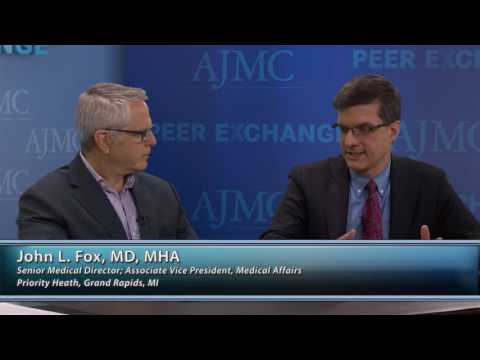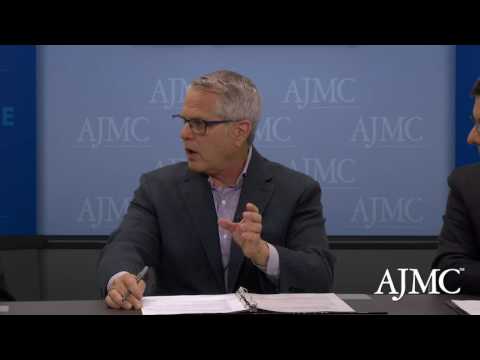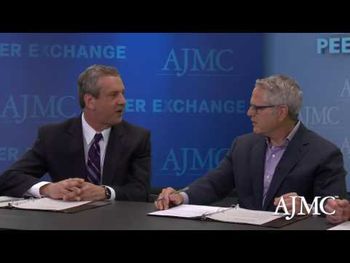
Insurance
Latest News
CME Content

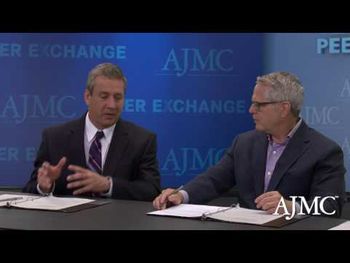
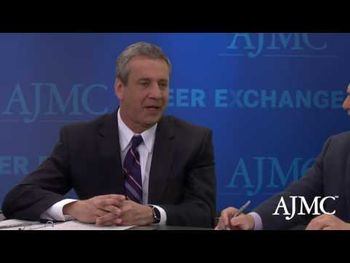
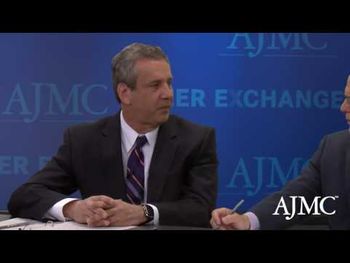

Prescription drug spending between 2014 and 2015 increased at a much higher rate among health exchange plans compared with commercial plans, Medicare, and Medicaid plans. Express Scripts highlighted 3 select trends that are having the biggest impact on plans.

This week in managed care, the top stories included House Republicans' new plan to repeal and replace the Affordable Care Act, new funding from HHS to help small practices follow the Medicare Access and CHIP Reauthorization Act, and the Supreme Court rules on a patent lawsuit that impacts pharmaceutical companies.

This week's takedown shows that the fraud prevention and enforcement efforts that began nearly a decade ago are bearing fruit, including the change to predictive modeling to spot suspicious billing in Medicare.

HHS and the Department of Justice announced a nationwide sweep led by the Medicare Fraud Strike Force resulting in charges against 301 individuals for their alleged participation in healthcare fraud schemes involving $900 million in false billings.

What we're reading, June 23, 2016: Medicare's fund will be insolvent 2 years earlier than estimated last year; nearly 1 in 3 Medicare beneficiaries received an opioid prescription in 2015; House Republicans' health plan calls for greater use of value-based insurance design; and the Democrats urge the Department of Justice to block Anthem-Cigna and Aetna-Humana mergers.

House Speaker Paul Ryan said the policy outline represents the first consensus among his conference to replace "Obamacare," which the document says has not worked because it has limited choice, increased consumer costs, and created new regulatory burdens for employers.

An expert panel at The Community Oncology Conference: Innovation in Cancer Care, held in Orlando, Florida, April 13-15, 2016, provided insight on current transitions in healthcare reform, and their predictions for the future.

What we're reading, June 21, 2016: potential Zika virus vaccine to be tested in humans; California regulator approved the potential merger between Aetna and Humana; and 5 states will be the testing ground for a new Medicare initiative to reduce fraud.

Groups seeking grants under the new program must show how they can train small practices without charging the doctors or their practices.

Why this patient advocate is concerned about the newly proposed Medicare Part B model regarding its level of transparency and the evidence.

Why this patient advocate is concerned about the newly proposed Medicare Part B model regarding its level of transparency and the evidence.

The partnership will allow Medtronic to scale Canary Health's diabetes prevention programs to reach a wider audience and bring Canary's self-management platform into customer support for its devices.

The diabetes advocacy community has long sought Medicare coverage for continuous glucose monitoring (CGM) systems, but the technology has been deemed "precautionary." Abstracts presented at last week's ADA Scientific Sessions could help build a case for updating FDA's clearance to use CGM for dosing, removing a hurdle to Medicare coverage.

Facts Are Stubborn Things: The Medicare Part B Experiment, a Patient Advocate's Perspective (Part I)
Why this patient advocate is concerned about the newly proposed Medicare Part B model regarding its level of transparency and the evidence.

What we're reading, June 14, 2016: CMS has proposed requiring Medicare hospitals follow new antibiotic controls; New York poised to expand access to breast cancer screening; and clinical trials are seeing more success.

The new Medicare Part B proposal from CMS has been controversial, and Steve Miller, MD, senior vice president and chief medical officer of Express Scripts, understands both sides of the argument. While he appreciates CMS' dedication to innovation, the demonstration may drive up payer costs.

A survey conducted among members of the South Carolina Academy of Family Physicians found that although most family physicians reported that they discussed low-dose computed tomography screening (LDCT) with their patients, referrals were low

Robert M. Anderson, EdD, of the University of Michigan, has spent his career spreading a message that patients respond best when education programs address what they want, not what an expert thinks they need.

If policy makers made changes to the spending, volume, and price to traditional Medicare services, there would be a significant causal effect on national healthcare spending, a new study finds.

Only half of US veterans who died from cancer received palliative care, while the use of hospice depended upon the care environment. Overall, there was a gap between the percentage of patients who received palliative care and recommended use.

A group in Israel presented a study that evaluated the price trend of 30 anticancer agents following their launch, and found that prices may increase by as much as 44% even after adjusting for inflation.

